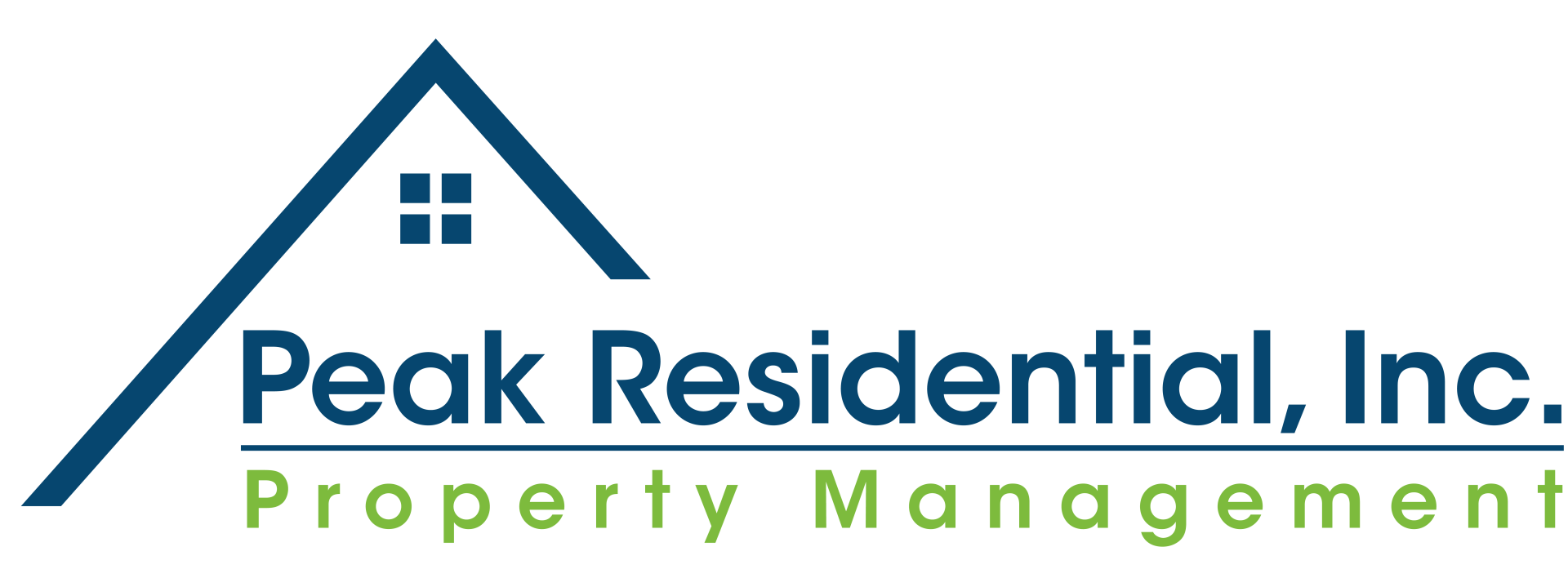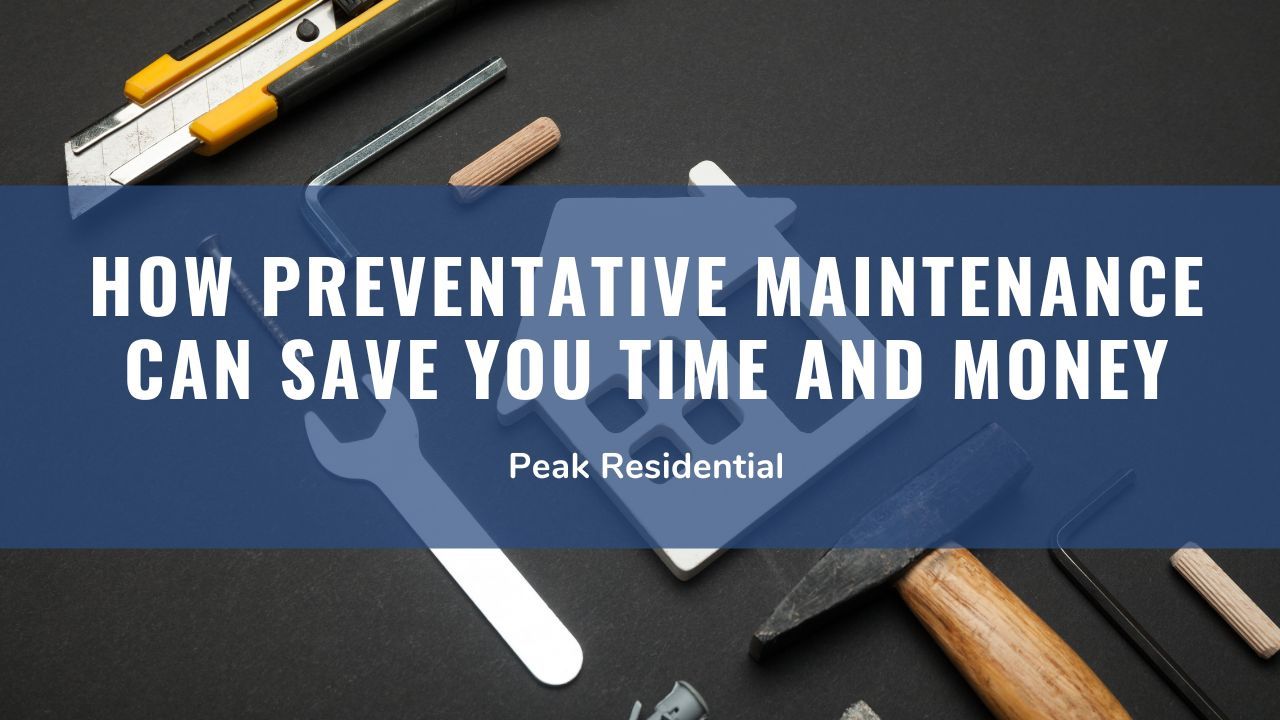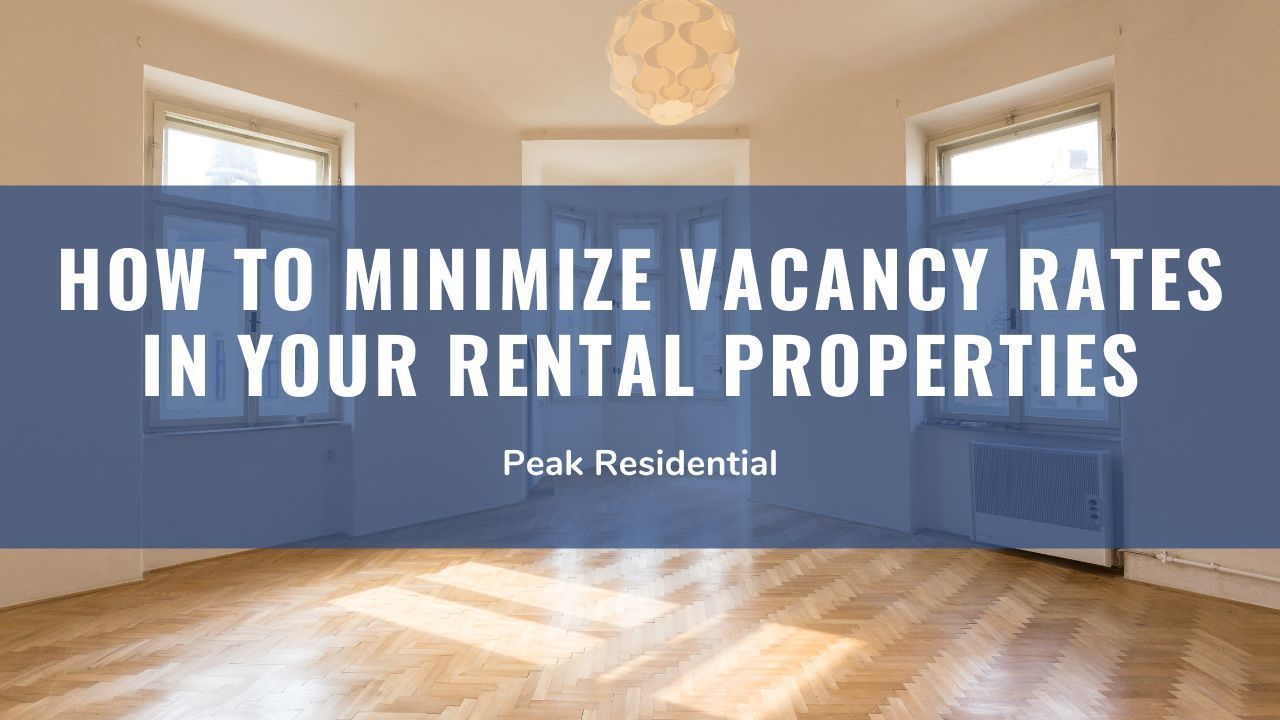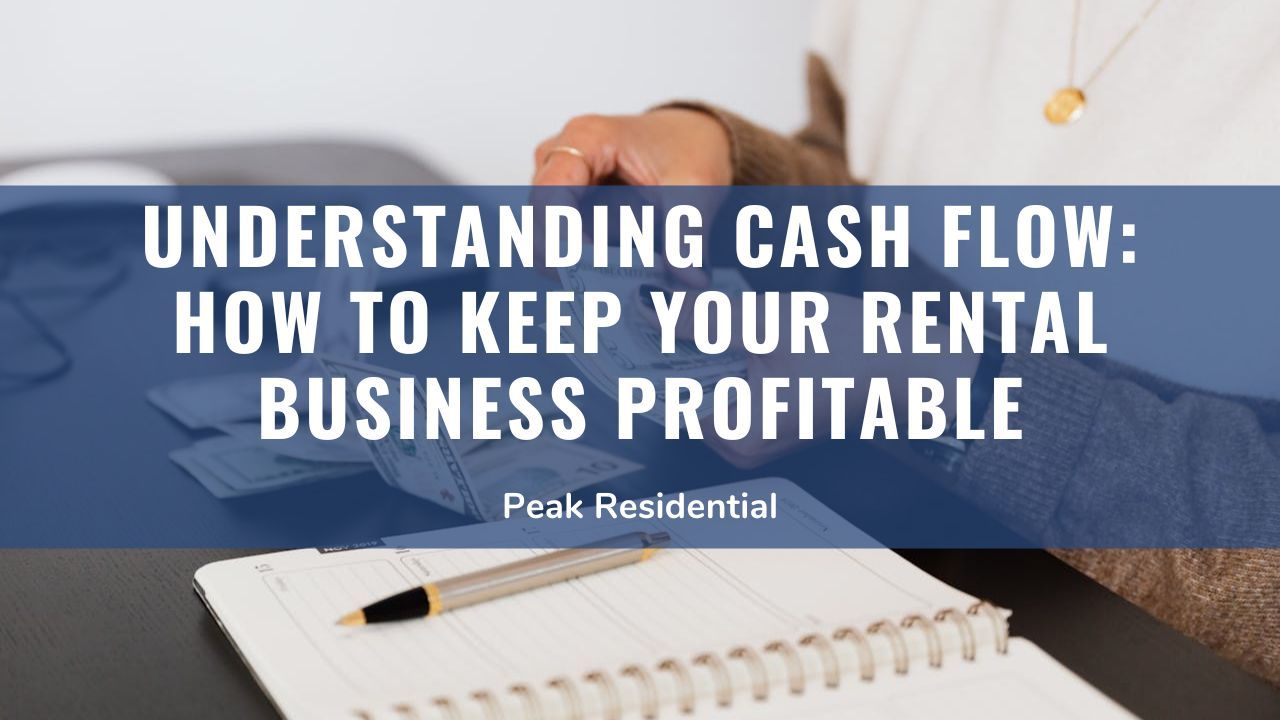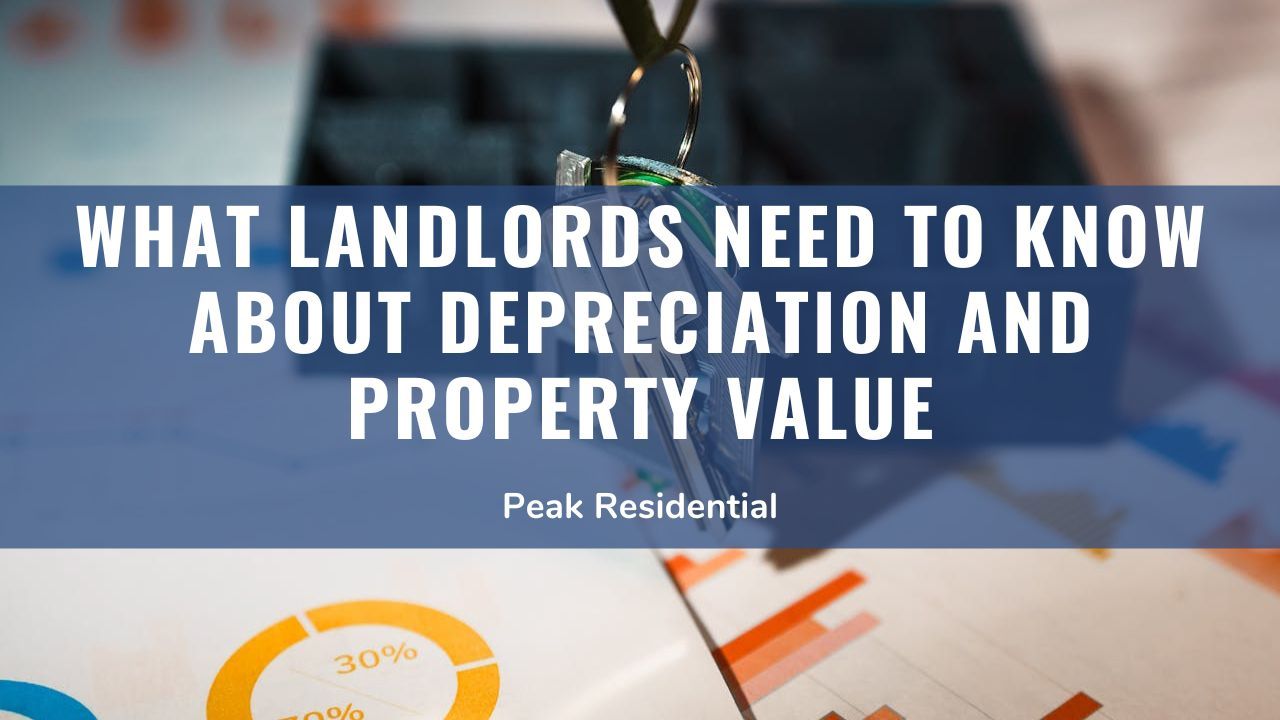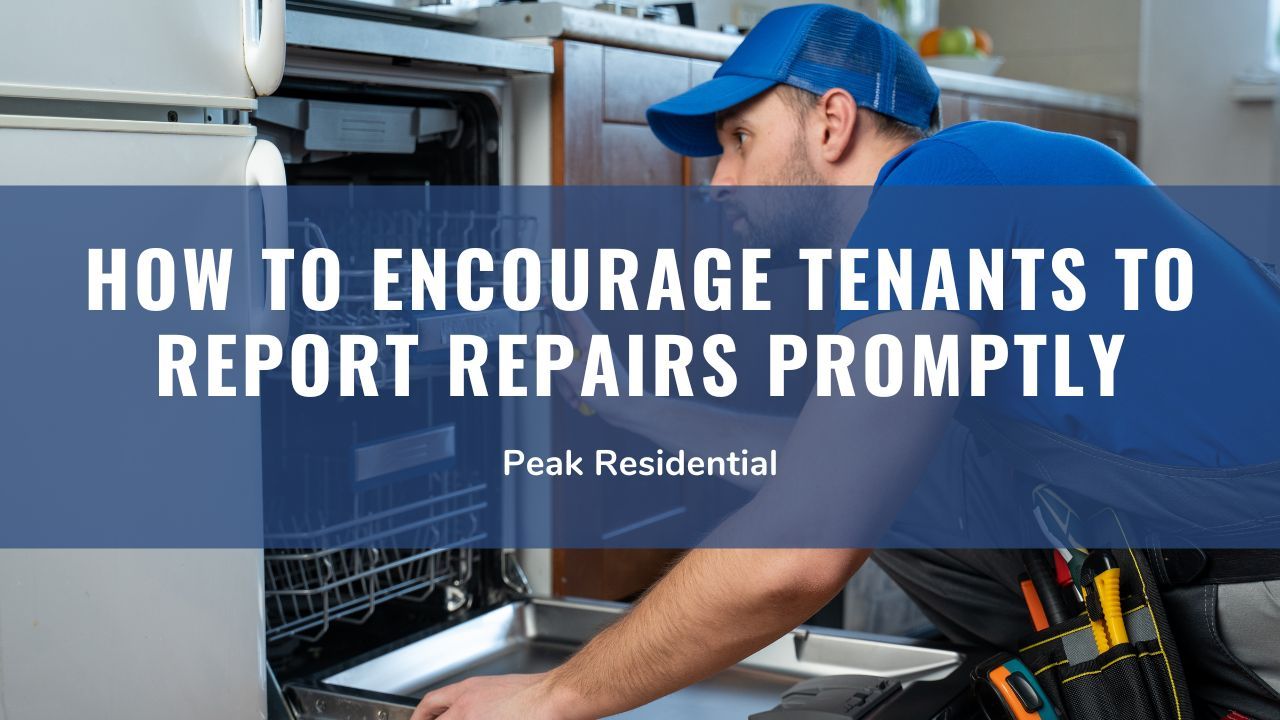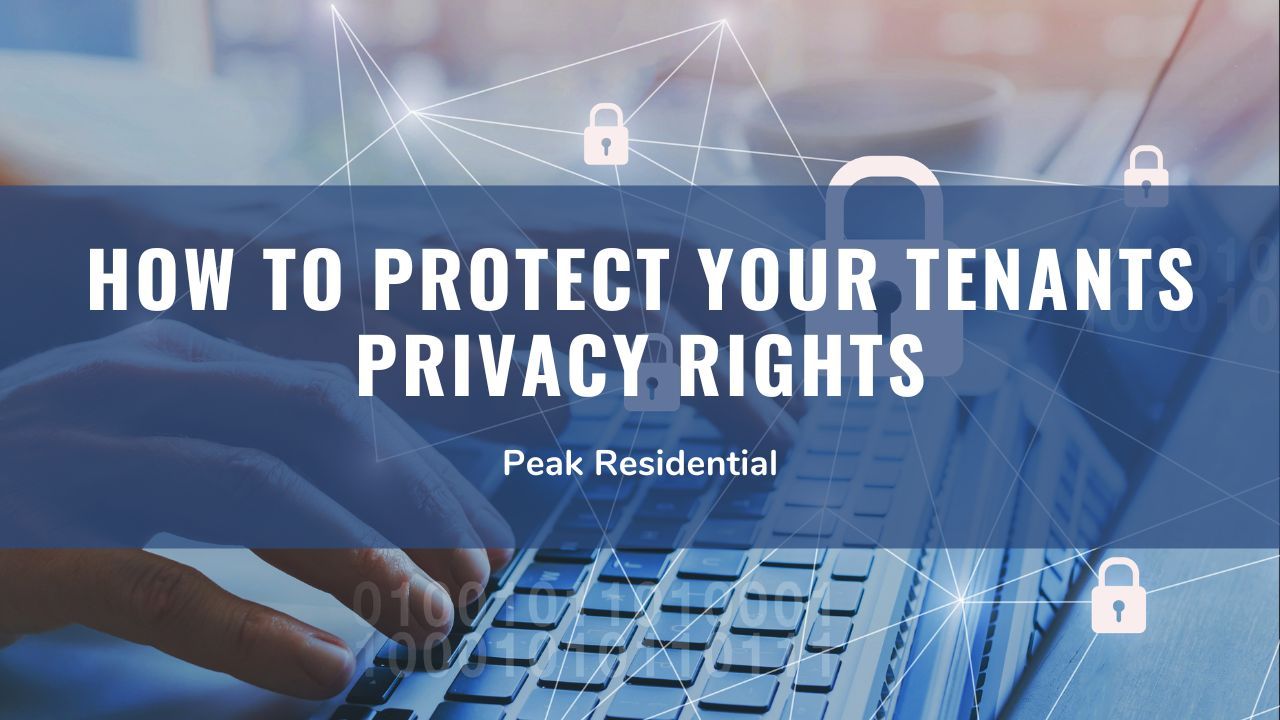Converting your home into a rental can be a smart financial move, but it’s not as simple as just handing over the keys. From preparing your property to understanding legal and financial responsibilities, there’s a lot to consider.
This guide is here to help! Whether you’re new to being a landlord or looking to expand your rental portfolio, we’ll walk you through the essential steps to transform your home into a successful and profitable rental property.
Top Tips To Convert Your Home into a Rental
Ready to turn your home into a profitable rental property? These top tips will guide you through every step to ensure a smooth and successful transition into becoming a landlord.
Decide If You Are Ready to Be a Landlord
Becoming a landlord involves more than just collecting rent checks, it’s a commitment to managing the property, handling tenant relations, and ensuring the home remains in good condition.
You’ll need to be prepared for the challenges of addressing
tenant complaints, managing repairs promptly, and adhering to local landlord-tenant laws. Think about whether you have the time and temperament to handle these tasks or whether you’d prefer to hire a property management company.

Additionally, consider how being a landlord might impact your personal finances. Rental properties come with expenses such as property maintenance, insurance, and potential legal costs, so make sure you’re financially prepared.
Check If You Qualify for Another Mortgage
If you’re planning to move out of your home and rent it, securing a mortgage for your next property can be tricky. Lenders will evaluate your debt-to-income ratio to determine whether you can afford two mortgages.
While rental income can often be included in your financial assessment, lenders may require a signed lease or proof that the property is generating income. This process can be complex, so start by discussing your plans with your mortgage provider.
Update Your Homeowner’s Insurance Policy
When you convert your home into a rental property, your standard homeowner’s insurance is no longer sufficient. Landlord insurance provides additional protections tailored to rental properties, such as coverage for tenant-related damages and liability protection in case someone is injured on your property.
It also typically includes loss of rental income if the property becomes uninhabitable due to a covered event, like a fire or flood.
Failing to update your insurance could leave you exposed to significant risks. Contact your insurance provider to discuss your options and ensure your investment is properly protected before your first tenant moves in.
Schedule a Thorough Property Inspection
A professional inspection is a crucial step before renting out your home. It identifies any maintenance or safety issues, such as faulty wiring, plumbing leaks, or structural problems, that need to be addressed before tenants move in.

Some municipalities may also require rental properties to meet specificsafety standardsand codes, so an inspection ensures compliance. Addressing issues in advance not only protects you from liability such as lead paint, but also demonstrates to tenants that you’re a responsible landlord.
Investing in a
thorough inspection can save you from costly emergency repairs and enhance the property’s appeal, making it easier to attract reliable tenants.
Get Your Home Rental-Ready
To attract quality tenants, you need to present a clean, safe, and well-maintained property. Start by giving your home a deep clean, repairing anything that’s broken, and repainting walls to create a fresh, neutral look.
Remove any personal belongings to make the space feel welcoming and neutral. Consider small upgrades that can make your property more appealing, such as modern fixtures, energy-efficient appliances, or landscaping improvements.
These updates can help justify a higher rental rate and attract tenants who will take care of the property. First impressions matter, so make sure your home stands out in the competitive rental market.
Understand Tax Implications for Rental Properties
When you turn your home into a rental, your tax obligations change. Rental income must be reported as taxable income, but the good news is that many expenses related to the property are deductible.
You can deduct costs like property management fees, maintenance, repairs, mortgage interest, and even depreciation over time. However, tax laws for landlords can be complex, and failing to report your rental income correctly can lead to penalties.

Consulting with a tax professional is highly recommended to ensure you understand your obligations and can take full advantage of the deductions available to you.
Determine the Right Rental Rate
Setting the right rental price is one of the most important steps in converting your home into a rental. Overpricing your property can lead to prolonged vacancies, while underpricing can leave you with less income than you deserve.
Research similar properties in your area to see what they’re charging, taking into account location, size, condition, and amenities. Consider the costs of maintaining the property and your financial goals when setting the rent.
If you’re unsure, a property manager or real estate professional can provide insights into market trends and help you strike the right balance between profitability and tenant affordability.
Establish Clear Rules and Expectations
A comprehensive lease agreement is essential for protecting your property and maintaining a professional relationship with your tenants. The lease should clearly outline rules regarding rent payment deadlines, late fees, maintenance responsibilities, pet policies, and restrictions like smoking.
Be specific about the consequences of rule violations to prevent misunderstandings. Beyond the lease, setting clear expectations from the beginning helps create a smooth landlord-tenant relationship.
Bottom Line
Converting your home into a rental property is an exciting opportunity to generate income and build wealth, but it does come with its challenges. By following these steps, you can ensure a smooth and successful transition to becoming a landlord.
Remember, you don’t have to manage everything on your own! Hiring a reliable property management company like
Peak Residential can take the stress out of managing tenants, repairs, and day-to-day operations.
With their expertise, you can focus on reaping the rewards of your investment while they handle the hard work. Let us help you make your rental journey a success!
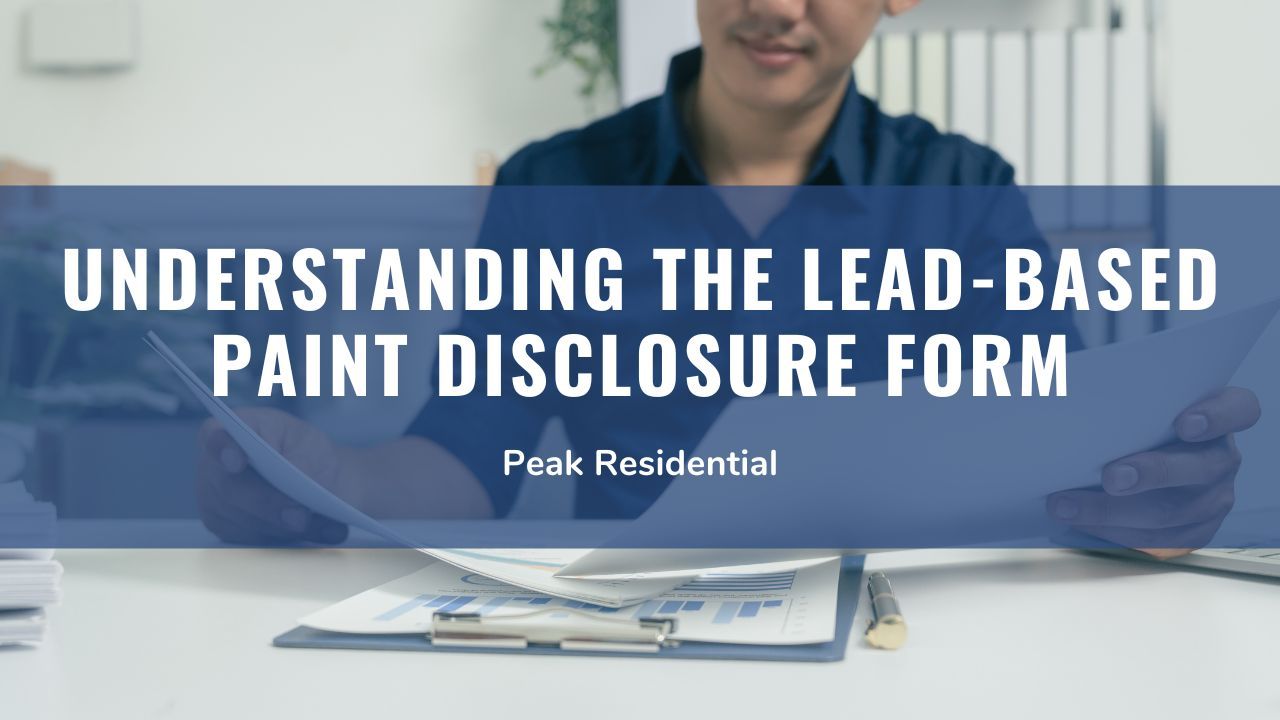
Peak Residential, Inc.
8:30am - 12pm & 1pm - 5pm Monday - Friday (Office Visit by Appointment Only
Sitemap | Privacy Policy | Accessibility | DRE Lic #02133123
© All Rights Reserved.
Peak Residential, Inc.

